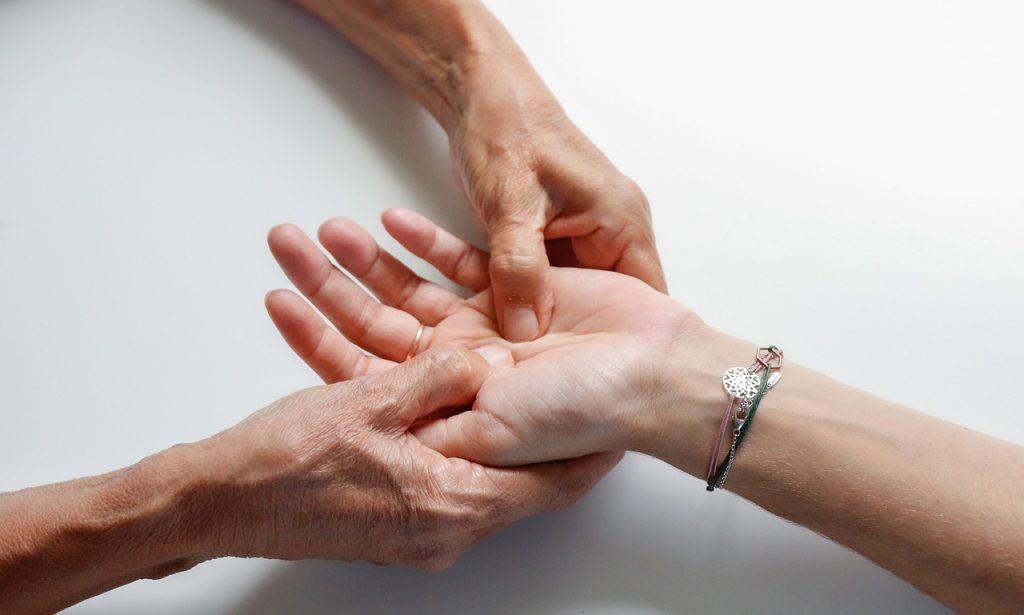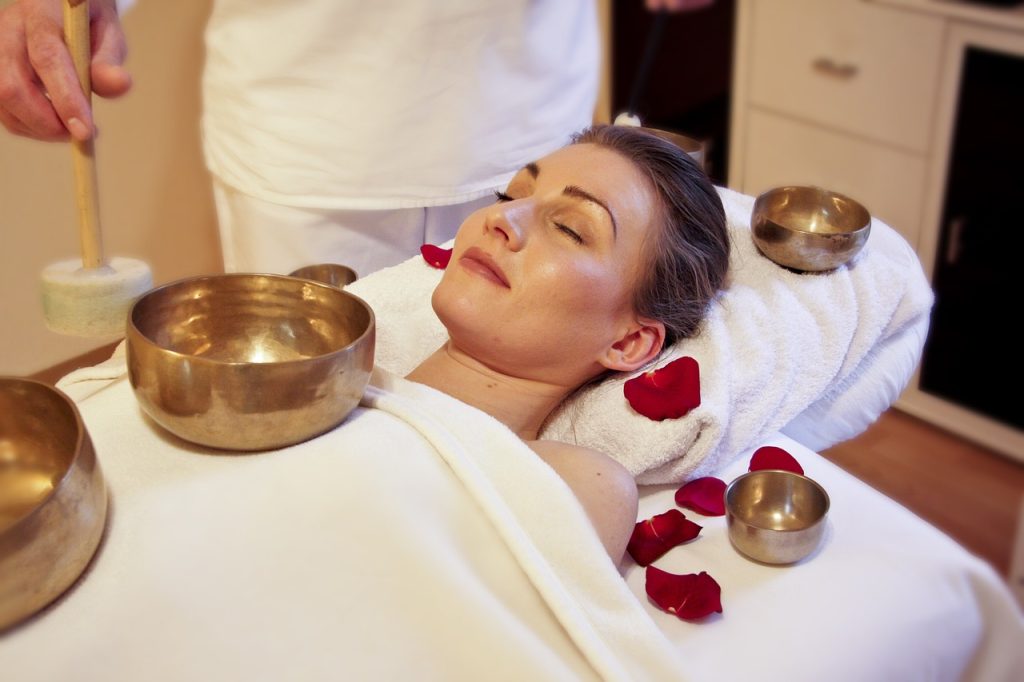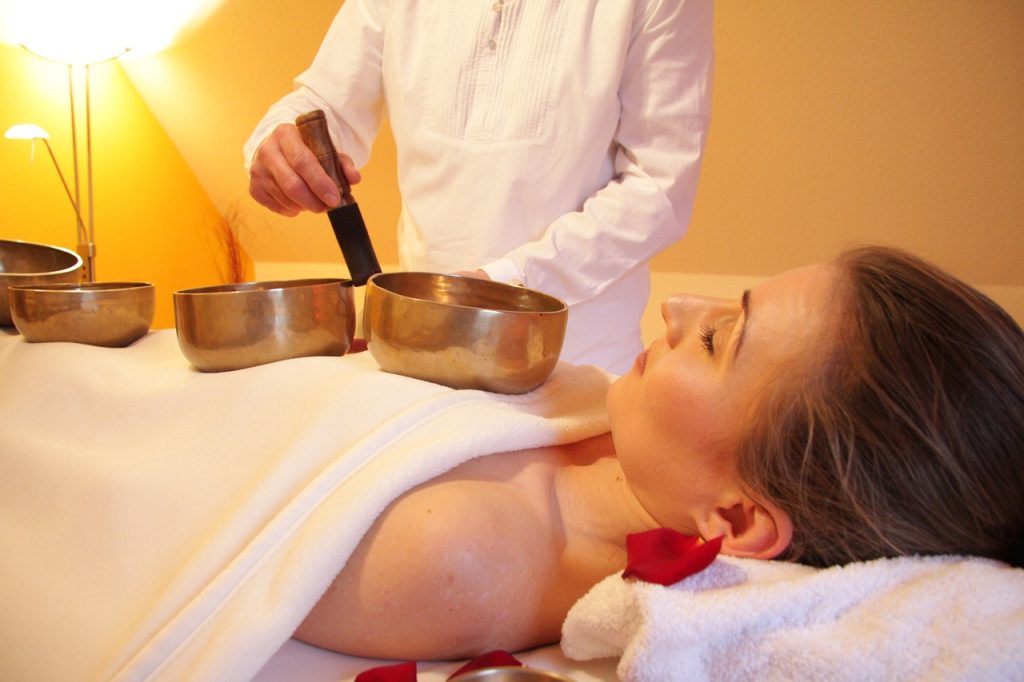Table of Contents
Massage therapy, an ancient practice rooted in various cultures around the world, has evolved into a widely recognized and effective method for promoting overall health and well-being. By manipulating the muscles, tendons, and soft tissues of the body, massage therapy offers numerous benefits that extend beyond mere relaxation. This article explores the diverse advantages of massage therapy, including its impact on physical health, mental well-being, and overall quality of life.

Physical Health Benefits
- Pain Relief: One of the most well-known benefits of massage therapy is its ability to alleviate pain. Massage techniques such as deep tissue and trigger point therapy target areas of muscle tension and discomfort, providing relief from conditions like chronic back pain, migraines, and joint pain. A study published in The Journal of Clinical Rheumatology found that massage therapy significantly reduced pain and improved physical function in individuals with chronic pain conditions.
- Improved Circulation: Massage therapy promotes better blood flow by stimulating the circulation of blood and lymph throughout the body. Enhanced circulation helps deliver oxygen and nutrients to tissues while facilitating the removal of metabolic waste products. This improved blood flow supports overall cardiovascular health and can aid in the recovery of injured or strained muscles.
- Muscle Relaxation: Regular massage therapy helps reduce muscle tension and promote relaxation. Techniques such as Swedish massage use long, flowing strokes to relax muscles and relieve stiffness. By targeting areas of tension and reducing muscle knots, massage therapy can enhance flexibility and improve range of motion.
- Enhanced Posture: Poor posture often results from muscle imbalances and tension, leading to discomfort and potential musculoskeletal issues. Massage therapy addresses these imbalances by relaxing tight muscles and strengthening weaker ones. This alignment and balance can contribute to improved posture and a reduction in associated pain.
Mental Well-Being Benefits
- Stress Reduction: Massage therapy is well-documented for its ability to reduce stress and promote relaxation. By lowering levels of cortisol, the stress hormone, and increasing levels of endorphins, massage therapy creates a calming effect on the mind. Research published in The International Journal of Neuroscience found that massage therapy reduced stress and anxiety in participants.
- Improved Sleep Quality: Individuals who struggle with insomnia or poor sleep quality may benefit from massage therapy. The relaxation induced by massage helps to alleviate tension and promote a restful state, making it easier to fall asleep and stay asleep. A study in Sleep Medicine Reviews found that massage therapy improved sleep quality and reduced symptoms of insomnia.
- Enhanced Mood: Massage therapy has been shown to improve mood and alleviate symptoms of depression. The release of endorphins and other neurochemicals during a massage contributes to a more positive outlook and emotional well-being. A study published in The Journal of Alternative and Complementary Medicine found that massage therapy had a positive effect on mood and emotional health in individuals with depression.

Overall Quality of Life Benefits
- Boosted Immune Function: Regular massage therapy can support immune system function by promoting the circulation of lymph, which helps to remove toxins and improve the body’s ability to fight infections. Research in The Journal of Clinical Psychiatry suggests that massage therapy may enhance immune function and reduce the incidence of illness.
- Enhanced Athletic Performance: Athletes and active individuals can benefit from massage therapy as a means of improving performance and reducing recovery time. Techniques such as sports massage help to prevent injuries, improve flexibility, and accelerate muscle recovery. Studies have shown that massage therapy can enhance athletic performance and reduce muscle soreness.
- Increased Relaxation and Overall Well-Being: The overall relaxation and sense of well-being achieved through massage therapy contribute to a higher quality of life. The reduction of physical discomfort, mental stress, and emotional tension leads to a more balanced and fulfilling life experience.
Practical Tips for Incorporating Massage Therapy
- Choose the Right Type of Massage: There are various types of massage therapy, each with its specific techniques and benefits. Consider your individual needs and preferences when selecting a type of massage. For example, deep tissue massage may be more appropriate for addressing chronic muscle tension, while Swedish massage may be ideal for relaxation.
- Seek a Qualified Therapist: To ensure a safe and effective massage experience, seek a licensed and certified massage therapist. Qualified therapists have the expertise to tailor the massage to your needs and address any specific concerns or conditions.
- Communicate Your Needs: Before the massage, communicate your preferences and any areas of discomfort or concern with your therapist. Open communication helps the therapist customize the massage to meet your needs and ensure a positive experience.
- Incorporate Regular Sessions: For optimal benefits, consider incorporating massage therapy into your regular self-care routine. Regular sessions can help maintain physical and mental well-being, address recurring issues, and enhance overall quality of life.
- Combine with Other Wellness Practices: Massage therapy can complement other wellness practices such as exercise, healthy eating, and mindfulness. Integrating massage therapy with a holistic approach to health can provide comprehensive benefits and support overall well-being.

Conclusion
Massage therapy offers a range of benefits that extend beyond relaxation. From alleviating pain and improving circulation to reducing stress and enhancing mood, massage therapy plays a vital role in promoting physical, mental, and emotional well-being. By incorporating massage therapy into your self-care routine and seeking out qualified practitioners, you can experience the numerous advantages of this therapeutic practice and enjoy a higher quality of life.